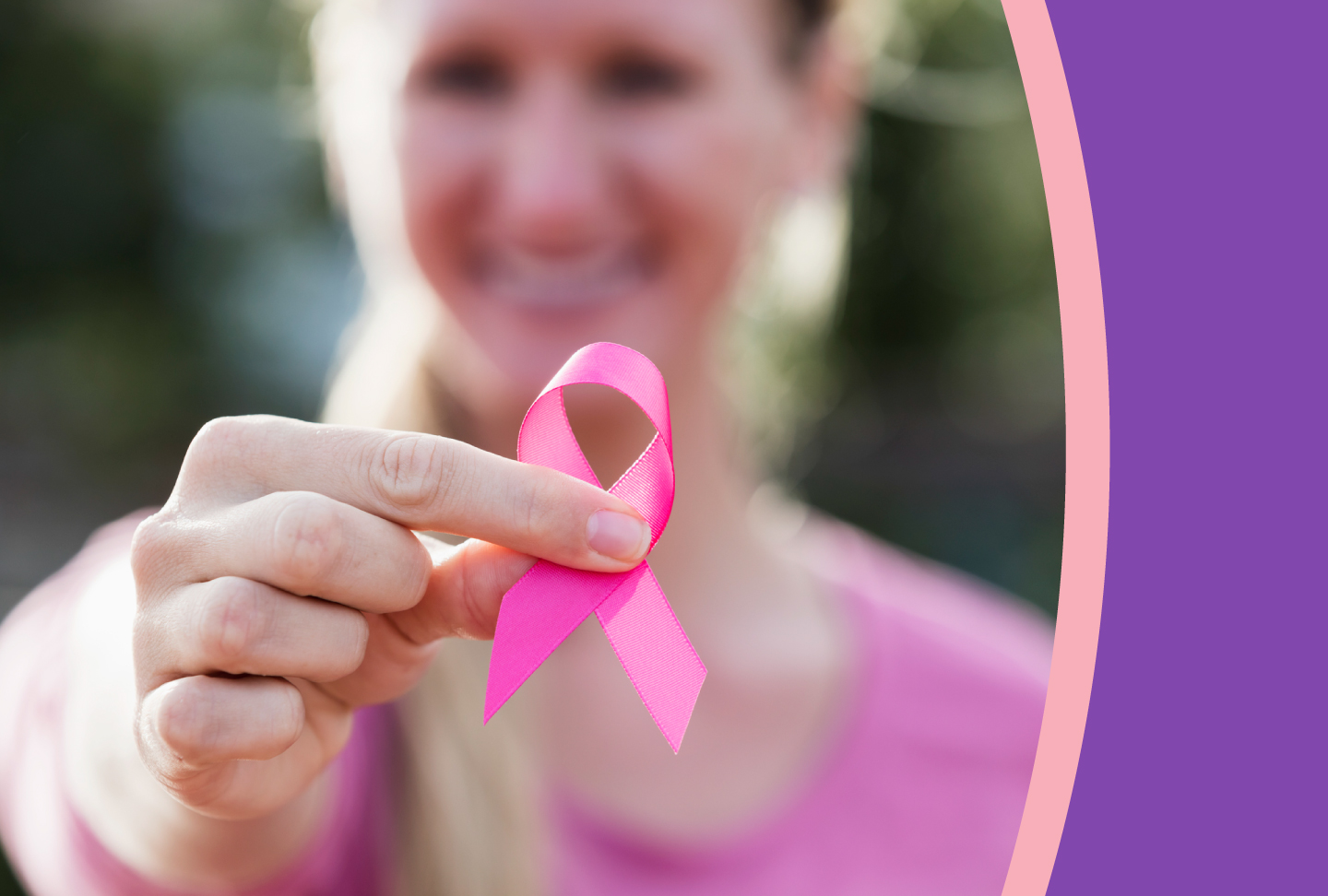From sleepless nights to hot flashes and brain fog to vaginal symptoms, many women feel isolated or embarrassed about discussing what they go through during menopause. At Wellstar, our compassionate women’s health team provides individualized care to help women navigate this stage of life, demystify menopause and give women back their confidence during this stage of life.
Menopause means no more periods. Period.
Menopause is defined as the permanent absence of a period for 12 consecutive months. The average age of menopause in the U.S is 52, but generally, women will experience menopause between ages 45 to 55.
Perimenopause is the four- to seven-year period prior to menopause when women are having menopausal symptoms.
“During perimenopause, cycle lengths will vary. Many women experience their periods coming closer together. Hot flashes and night sweats are also common during this transition,” said Wellstar Women’s Health Nurse Practitioner Karin Hulon.
Women may also experience brain fog, mood swings, fatigue, trouble sleeping, skin and hair changes, vaginal dryness, decreased libido, painful sex, joint pain or inability to lose weight. Every woman is unique and may not experience the same severity of symptoms. The menopause experience may be influenced by genetics, race or environmental factors.
Many symptoms can be explained by a decrease in estrogen.
The ovaries are the main producers of estrogen. As women age, ovarian follicular function decreases, leading to decreasing levels of estrogen. These levels can also radically decrease due to surgery, infection, medications or radiation.
“Estrogen receptors are found all over our bodies. A decrease in estrogen can affect the part of the brain involved in thermoregulation, resulting in hot flashes and night sweats,” said Wellstar Chief of Women’s Health Dr. Paula Greaves. “Research suggests that women who have hot flashes may be at higher risk for developing heart disease. Additionally, research shows that African American women experience more intense and more frequent hot flashes for a longer duration.”
Estrogen receptors are located in the vagina, vulva, bladder and urethra, helping to maintain blood flow, tissue turgor and microbial balance. Therefore, a decrease in estrogen can lead to vaginal dryness and atrophy, making intercourse painful. The pH of the vagina also changes with decreased estrogen, increasing the risk of infections or urinary leakage.
These are only some examples of how menopause can impact women’s health and quality of life, and it’s important to treat menopausal symptoms as soon as possible.
Hormonal and non-hormonal treatments are available and can be beneficial—regardless of symptoms.
Your care team will discuss your concerns and health history to tailor a safe, personalized plan that fits your needs. The choice should be guided by symptoms, medical history, contraindications and shared decision making. There are FDA-approved hormonal as well as non-hormonal options for treatment of hot flashes, vaginal dryness, painful intercourse and even decreased libido.
“We must promote lifestyle changes such as smoking cessation, weight loss and cognitive behavioral therapy, which can help decrease symptoms,” said Dr. Greaves.
Even if you no longer have periods, you should still see your OB/GYN.
“Women: You need your mammograms and your health and cancer screenings, including Pap smears until age 65. Women who have had abnormal Pap smears in the past may need to continue Pap smears beyond age 65,” Hulon said. “Even if you’ve had a hysterectomy and you no longer have a uterus, you still need to ensure pelvic floor health.”
If you experience vaginal bleeding after menopause, schedule an appointment with your women’s health care team.
“The cause of bleeding could be something as simple as vaginal tearing due to dryness or as serious as endometrial cancer,” Hulon said.
Whatever your health concerns may be, Wellstar will partner with you to help you stay healthy. Other diseases can masquerade as menopause, so if something is worrying you or stopping you from feeling your best, mention it to your clinician.
“For example, if you start having joint pain, that may not be menopause. That may be arthritis. Fatigue, weight gain or night sweats may be a sign of thyroid disease, not menopause,” Dr. Greaves said. “Trust and open communication have been instrumental in aiding gynecologists to uncover other diseases affecting our patients who assumed they were menopausal.”
Wellstar OB/GYN clinicians specialize in addressing the health needs of women and are experienced in caring for people going through menopause.
“It is important when you’re looking for a clinician to find someone who specializes in women’s health and who has a passion for treating women entering the menopause transition,” Hulon said. “Find someone who will listen to you, not dismiss you, will make you feel comfortable and treat you as an individual.”
While troubling symptoms of menopause may be common, you don’t have to go through it alone.
“With increasing life expectancy, women will spend more than 40% of their life in this life stage. Therefore, we need to focus our efforts in providing a smooth transition for every woman into menopause so she can enjoy her best years yet,” Dr. Greaves stated.
Wellstar Women’s Health offers compassionate care through menopause, answering your questions and helping to manage your symptoms. Many of our clinicians are certified menopause practitioners. Find a Wellstar OB/GYN location near you.




